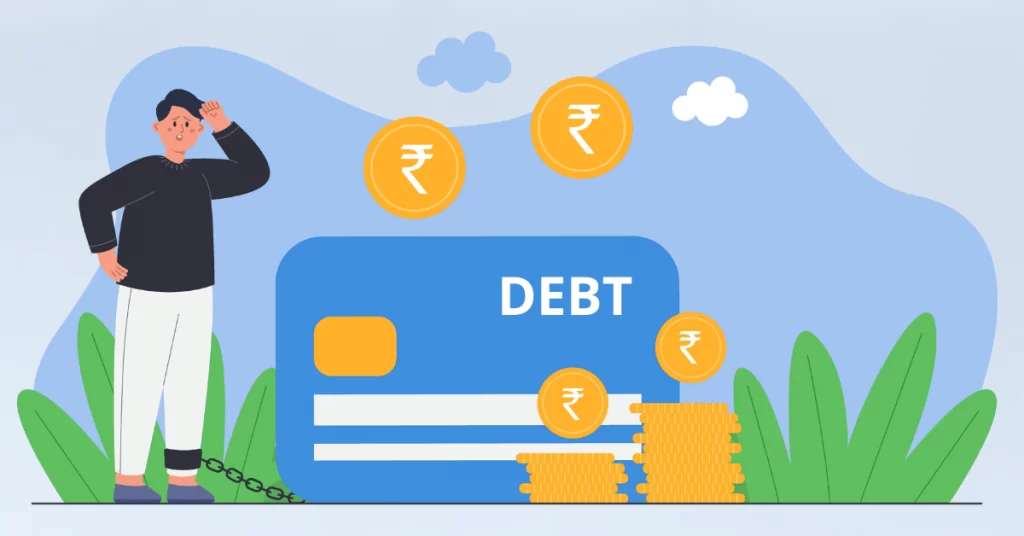To surmount debt, you have to manage your resources strategically. Be forward-thinking as you plan out new purchases.
Find Financing With Competitive Rates
When you’re carrying debt that’s accumulating interest, you should be conscientious about taking on new financial obligations that have high or even just moderate interest attached. Of course, it may be impractical to wholly refrain from seeking out new loans or financing opportunities when you have an urgent need for more purchasing power. Moreover, making certain expenditures now may be a better decision than trying to wait until you’ve put a good dent in existing debt.
Don’t automatically let debt hold you back from investing in things that offer practical financial advantages. Despite owing money to creditors, you simply can’t overlook the utility of expenditures that facilitate better money management. For example, a home improvement could raise the value of your property significantly. Likewise, getting a new car may save you a lot of money on fuel or spare you from sinking money into repairing an old car that depreciates in value quickly.
Ultimately, you can still buy the things you need, but you should be prepared to do a fair amount of due diligence to ensure that you make the most of your situation and resources. If you buy a new vehicle, look online for auto loan rates so you can get a solid understanding about the current lending marketplace. A dealer might be pushing one specific financier, but you don’t necessarily have to settle for the first rates that someone presents you with. Do a thorough survey of the loan market so you can make well-guided decisions about the best way to pay for new purchases.
Cultivate Smart Organizational Habits
Owing a sizable sum to creditors probably doesn’t sit easy with you, but it doesn’t have to be a continuous source of worry. Stressing out about your finances might motivate you to get better about managing money, but it won’t actually help you do that.
One of the most important things that you have to do in order to devise a comprehensive personal wealth management strategy is keep your finances organized. This entails creating a personal budget, tracking your spending, and analyzing how quickly you’ll be able to pay down outstanding balances utilizing various repayment strategies.
Each of these components of wealth management can help you look at your financial future with a greater sense of confidence, and they’ll alleviate money-related stress. With less stress about bills in your day-to-day life, you’ll probably be able to practice wiser decision making about the ways that you spend your money, time, and other resources more efficiently.
Utilize Tools That Facilitate Excellent Organization and Recordkeeping
Use tech that takes a lot of the legwork out of organizational habits. You may find it helpful to use a personal budgeting app or use your banking institution’s expense tracking tools. Also, make it a point to keep all of your important financial documents centralized.
Keep all of your electronic copies of documents and other digital materials in a storage folder. Name files in a manner that makes finding them simple and intuitive.
Be sure to back up data to secure cloud storage. Never keep all of your important financial information in one physical location such as your computer or an external drive. A technological malfunction on a computer that gets stuck on an update or has corrupted files that prevent it from starting up properly could be a major blow. You’ll lose your information and you’ll lose all of the time that you’ve put into organizing it. Saving data to multiple cloud-based locations might save you from considerable frustration.
Lastly, get into the habit of keeping your paper documents in a single location, and categorize them in a way that makes it easy for you to use them as referential tools. Also, be sure to scan things that you want to keep indefinitely. It could certainly be a big help during tax season, and it may also save you time and work when you’re planning new purchases.

